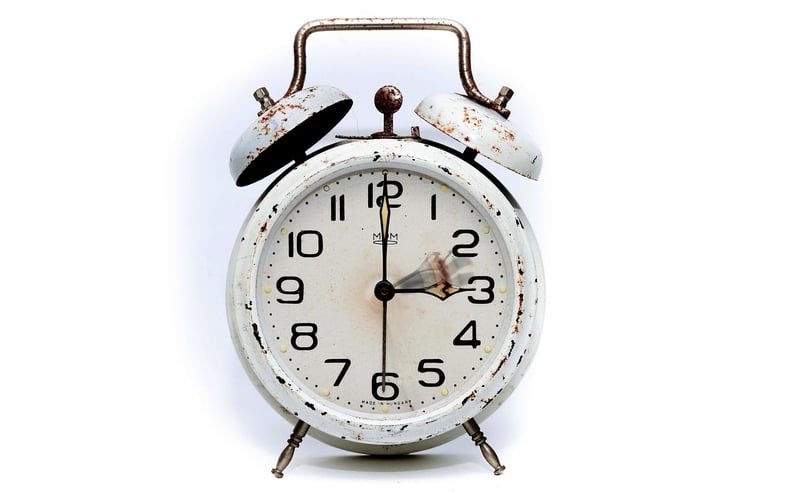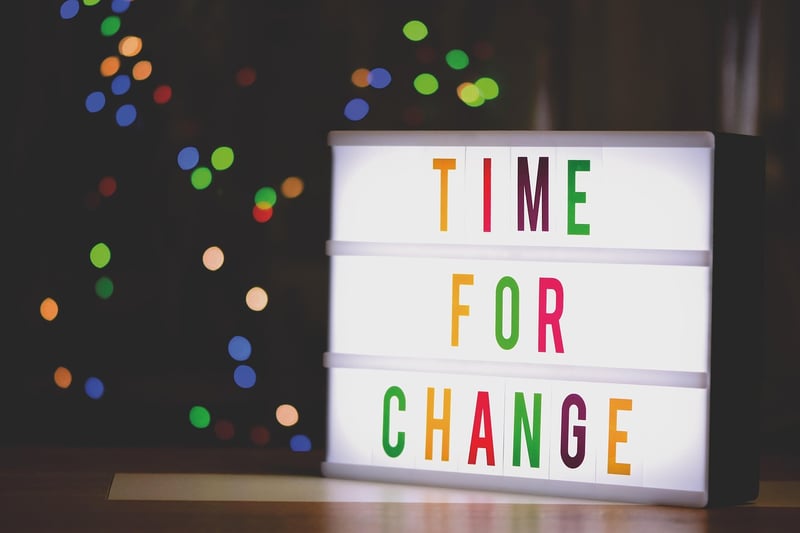Changing the Past
The Moral Implications of Changing the Past

Time travel has been a captivating topic for centuries, with many people pondering the idea of altering events that have already occurred. While the concept of changing the past is intriguing, it raises significant moral implications that are worth considering.
Paradoxes and Consequences
One of the main ethical dilemmas of changing the past is the potential for creating paradoxes. Altering a single event could have unforeseen consequences that ripple through time, leading to a chain reaction of changes that may be impossible to predict or control.
Historical Integrity
Changing the past also poses a threat to the integrity of history. If events can be altered at will, how can we trust that the historical records we have are accurate? Manipulating the past could lead to a distortion of truth and a loss of authenticity in our understanding of the world.
Personal Responsibility
Additionally, the ability to change the past raises questions of personal responsibility. If individuals have the power to undo their mistakes or alter the course of their lives, how will this impact their moral development and sense of accountability for their actions?
Conclusion
While the idea of changing the past may seem appealing, it comes with a host of moral implications that cannot be ignored. As we continue to explore the concept of time travel, it is essential to consider the potential consequences of altering history and the impact it may have on our understanding of the world and ourselves.
For more information on time travel and ethics, you can visit Stanford Encyclopedia of Philosophy - Time Travel and Ethics.
